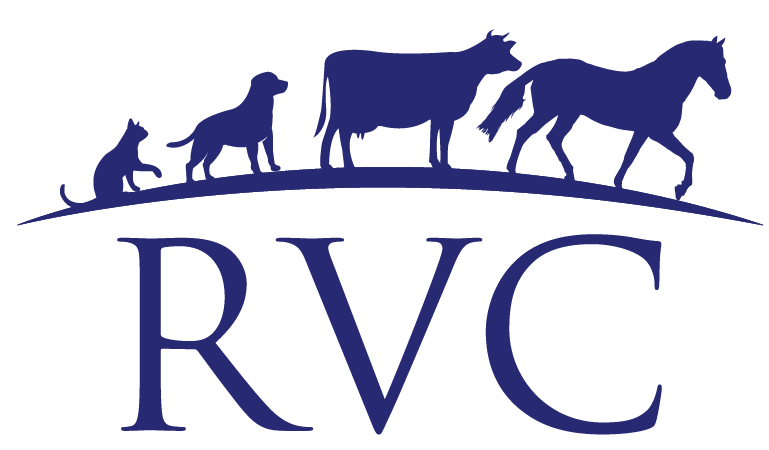Debudding
Most of us have that one cow in the herd that has horns. The one who loves to make life difficult for you and for the rest of the cows. If only we could have prevented her from growing horns in the first place!
In all seriousness, we all know the importance of debudding; no horns mean a much lower chance of injuries to other cows and more importantly you and your staff! In recent years debudding has been classified as a ‘significant surgical procedure,’ meaning that steps must be taken by authorised individuals to reduce pain.
So how do we do it?
We sedate the calves fully so the process is less stressful (for them and for us). While the calves are asleep it is a good idea to take advantage and get other things done such as NAIT tagging, DNA testing or BVD testing!
We inject local anaesthetic around the horn buds so that it is completely pain free at the time of debudding. No pain = happier calves!
We use a hot iron burner to remove the horn bud from the head, effectively preventing horn growth.
After the debudding is complete recommend vaccination with either Ultravac 5 in 1 or Covexin 10 for protection against clostridial disease.
Also, we give each calf a long acting injection for pain relief in the form of Melovem. NZ trial work done in 2019 showed that adding a long acting pain relief in addition to the use of sedation and local anaesthetic resulted in significantly higher calf live weight gains post procedure.
We also offer other services while on farm, such as: checking and removing extra teats, castrating bull calves, checking navels for infection and blood sampling younger calves for FPT - read more about FPT here.
It is always better to book debudding ahead of time, as Kellie and the teach team get very busy very quick once spring hits.
Get in touch with the team by contacting the clinic on 03 313 7438, or emailing: largea@rangvet.co.nz
Clostridium in Calves
Clostridia are a group of bacteria which live in the soil and produce harmful toxins causing major damage to various body organs. The toxins can be ingested directly or can be produced by clostridia bacteria already living in the gut. Clostridial diseases have extremely quick onset of clinical signs and can cause sudden death. Tetanus and Botulism are two of the most well known clostridia bacteria.
Control of these diseases is best achieved by vaccination of susceptible animals.
Vaccination of calves
Best practice is to give the first vaccination of a 5 in 1 vaccine at debudding with a second and third injection of 7 in 1 (with lepto) at 4 week intervals. A 10 in 1 vaccine can be given instead of the 5 in 1 injection if your herd has a high risk of clostridial infections.


